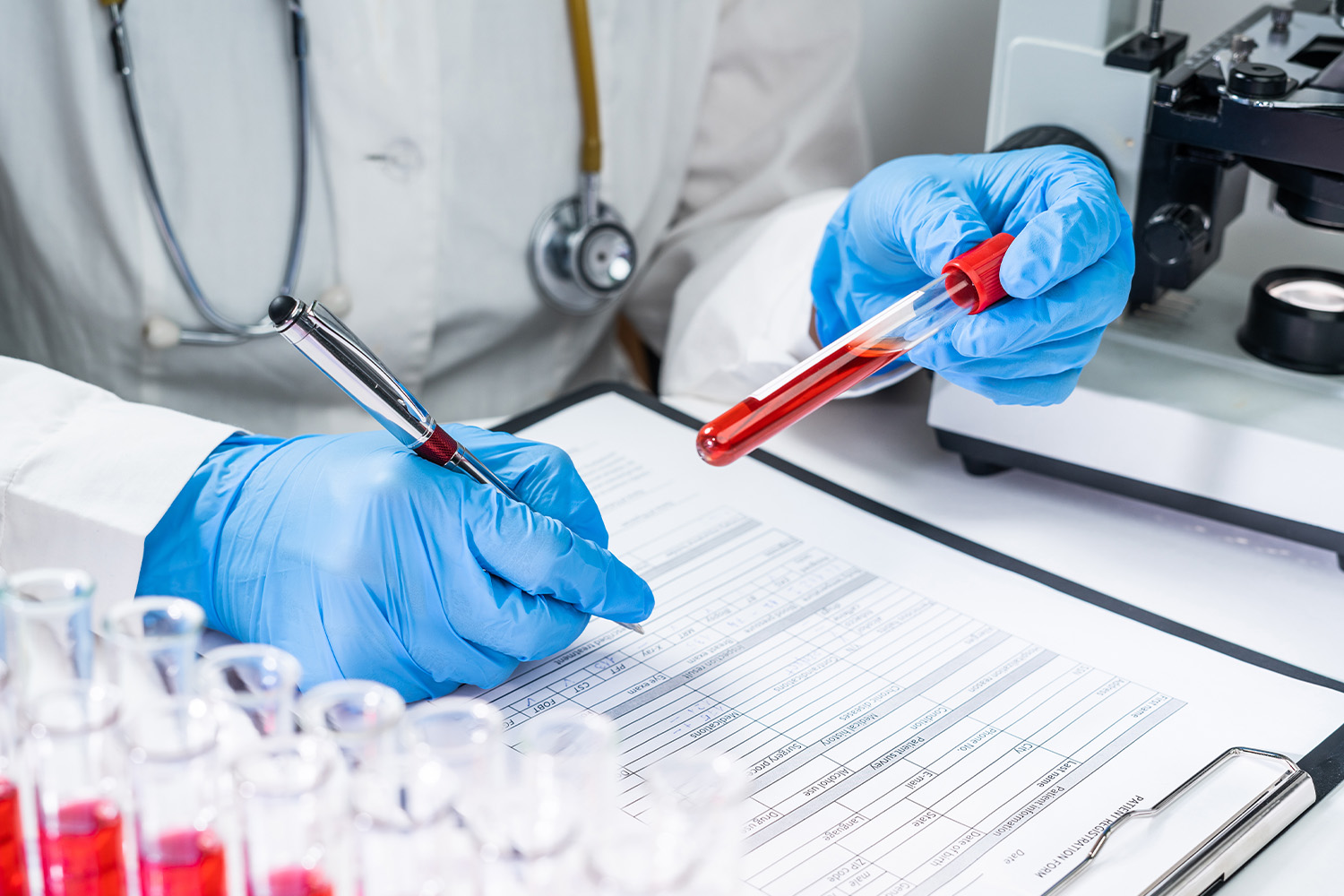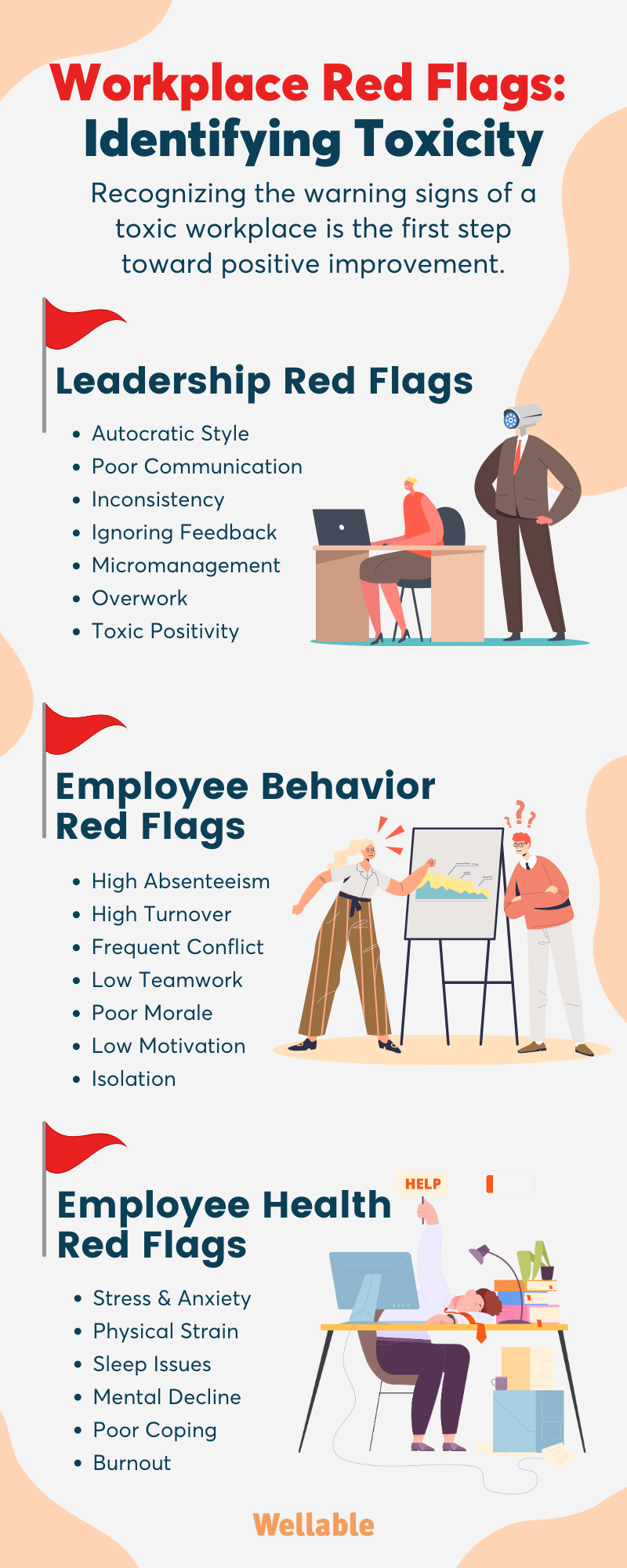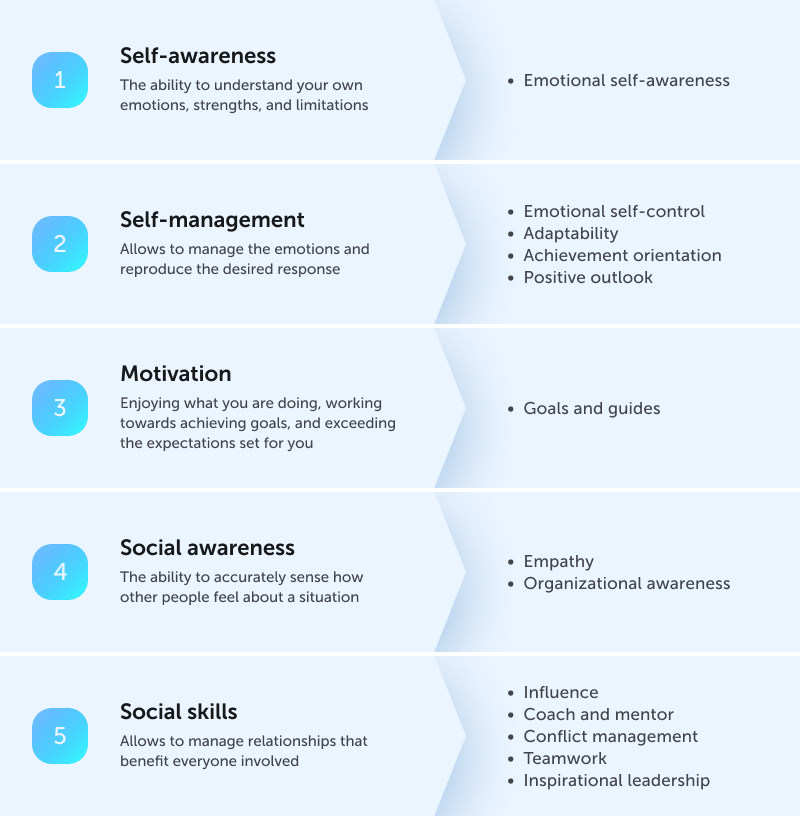
Urgent care centers offer a range of medical services, including blood work. Blood work is a common procedure that involves taking a sample of blood to test for various health conditions. Urgent care centers can perform a variety of blood tests, including:
- Complete blood count (CBC)
- Chemistry panel
- Lipid panel
- Hormone tests
- Urinalysis
Blood work can be used to diagnose and monitor a wide range of health conditions, including:
- Anemia
- Diabetes
- Heart disease
- Kidney disease
- Thyroid disease
Urgent care centers can provide blood work results quickly and efficiently. This can be helpful for patients who need to know their results quickly in order to make treatment decisions.
1. Complete blood count (CBC)
A complete blood count (CBC) is a blood test that measures the number of red blood cells, white blood cells, and platelets in your blood. It also measures the amount of hemoglobin in your red blood cells and the hematocrit, which is the percentage of red blood cells in your blood. A CBC can be used to diagnose and monitor a wide range of health conditions, including anemia, infection, and leukemia.
Urgent care centers can perform CBCs quickly and efficiently. This can be helpful for patients who need to know their results quickly in order to make treatment decisions. For example, a patient who is experiencing fatigue and shortness of breath may need a CBC to rule out anemia. An urgent care center can perform a CBC and provide the results within a few hours, so that the patient can start treatment as soon as possible.
CBCs are an important part of urgent care, as they can help to diagnose and monitor a wide range of health conditions. Urgent care centers can provide CBCs quickly and efficiently, which can be helpful for patients who need to know their results quickly in order to make treatment decisions.
2. Chemistry panel
A chemistry panel is a blood test that measures the levels of various chemicals in your blood. These chemicals include electrolytes, such as sodium and potassium, as well as waste products, such as creatinine and urea. A chemistry panel can be used to diagnose and monitor a wide range of health conditions, including kidney disease, liver disease, and diabetes.
-
Electrolytes
Electrolytes are minerals that are essential for the proper functioning of the body. They help to regulate fluid balance, muscle function, and nerve function. A chemistry panel can measure the levels of sodium, potassium, chloride, and bicarbonate in your blood. Abnormal levels of electrolytes can indicate a variety of health conditions, such as dehydration, kidney disease, and Addison’s disease.
-
Kidney function
A chemistry panel can measure the levels of creatinine and urea in your blood. Creatinine is a waste product that is produced by the muscles. Urea is a waste product that is produced by the liver. The levels of creatinine and urea in your blood can indicate how well your kidneys are functioning. Abnormal levels of creatinine and urea can indicate kidney disease.
-
Liver function
A chemistry panel can measure the levels of bilirubin, ALT, and AST in your blood. Bilirubin is a waste product that is produced by the liver. ALT and AST are enzymes that are found in the liver. The levels of bilirubin, ALT, and AST in your blood can indicate how well your liver is functioning. Abnormal levels of bilirubin, ALT, and AST can indicate liver disease.
-
Diabetes
A chemistry panel can measure the levels of glucose in your blood. Glucose is a sugar that is the body’s main source of energy. The level of glucose in your blood is regulated by the hormone insulin. Abnormal levels of glucose in your blood can indicate diabetes.
Chemistry panels are an important part of urgent care, as they can help to diagnose and monitor a wide range of health conditions. Urgent care centers can perform chemistry panels quickly and efficiently, which can be helpful for patients who need to know their results quickly in order to make treatment decisions.
3. Lipid panel
A lipid panel is a blood test that measures the levels of cholesterol and triglycerides in your blood. Cholesterol is a type of fat that is essential for the proper functioning of the body. However, high levels of cholesterol can increase your risk of heart disease and stroke. Triglycerides are another type of fat that is found in your blood. High levels of triglycerides can also increase your risk of heart disease.
Urgent care centers can perform lipid panels quickly and efficiently. This can be helpful for patients who need to know their results quickly in order to make treatment decisions. For example, a patient who is experiencing chest pain or shortness of breath may need a lipid panel to rule out heart disease. An urgent care center can perform a lipid panel and provide the results within a few hours, so that the patient can start treatment as soon as possible.
Lipid panels are an important part of urgent care, as they can help to diagnose and monitor a wide range of health conditions. Urgent care centers can provide lipid panels quickly and efficiently, which can be helpful for patients who need to know their results quickly in order to make treatment decisions.
4. Hormone tests
Hormone tests are blood tests that measure the levels of hormones in your blood. Hormones are chemical messengers that control a wide range of bodily functions, including metabolism, growth, reproduction, and mood. Hormone tests can be used to diagnose and monitor a variety of health conditions, including endocrine disorders, infertility, and cancer. Urgent care centers can perform a variety of hormone tests, including:
- Thyroid hormone tests
- Estrogen and progesterone tests
- Testosterone tests
- Cortisol tests
- Growth hormone tests
Urgent care centers can provide hormone test results quickly and efficiently. This can be helpful for patients who need to know their results quickly in order to make treatment decisions. For example, a patient who is experiencing fatigue and weight gain may need a thyroid hormone test to rule out hypothyroidism. An urgent care center can perform a thyroid hormone test and provide the results within a few hours, so that the patient can start treatment as soon as possible.
Hormone tests are an important part of urgent care, as they can help to diagnose and monitor a wide range of health conditions. Urgent care centers can provide hormone tests quickly and efficiently, which can be helpful for patients who need to know their results quickly in order to make treatment decisions.
5. Urinalysis
Urinalysis is a medical test that involves examining a sample of urine. It is used to detect and diagnose a wide range of health conditions, including urinary tract infections, kidney disease, and diabetes.
Urgent care centers can perform urinalysis quickly and efficiently. This can be helpful for patients who need to know their results quickly in order to make treatment decisions. For example, a patient who is experiencing pain or burning during urination may need a urinalysis to rule out a urinary tract infection. An urgent care center can perform a urinalysis and provide the results within a few hours, so that the patient can start treatment as soon as possible.
Urinalysis is an important part of urgent care, as it can help to diagnose and monitor a wide range of health conditions. Urgent care centers can provide urinalysis quickly and efficiently, which can be helpful for patients who need to know their results quickly in order to make treatment decisions.
6. Convenience
The convenience of urgent care centers is closely connected to their ability to perform blood work. Blood work is a common medical procedure that can be used to diagnose and monitor a wide range of health conditions. Urgent care centers that are located in convenient locations make it easy for patients to get the blood work they need, when they need it.
-
Accessibility
Urgent care centers are often located in retail clinics, pharmacies, and other convenient locations. This makes it easy for patients to get the care they need without having to travel to a hospital or doctor’s office. For example, a patient who is experiencing a urinary tract infection may be able to get a urinalysis and treatment at an urgent care center that is located in their local pharmacy.
-
Timeliness
Urgent care centers can provide blood work results quickly and efficiently. This is important for patients who need to know their results quickly in order to make treatment decisions. For example, a patient who is experiencing chest pain may need a blood test to rule out a heart attack. An urgent care center can perform a blood test and provide the results within a few hours, so that the patient can start treatment as soon as possible.
-
Cost
Urgent care centers typically charge less for blood work than hospitals or other medical facilities. This can make it more affordable for patients to get the care they need. For example, a patient who needs a blood test to monitor their thyroid function may be able to get the test done at an urgent care center for a fraction of the cost of getting the test done at a hospital.
-
Quality
Urgent care centers use the same equipment and procedures as hospitals and other medical facilities to perform blood work. This ensures that the results of blood tests performed at urgent care centers are accurate and reliable. For example, a patient who needs a blood test to diagnose a urinary tract infection can be confident that the results of the test will be accurate, even if the test is performed at an urgent care center.
The convenience of urgent care centers makes it easy for patients to get the blood work they need, when they need it. This can lead to better health outcomes for patients, as they are more likely to get the treatment they need in a timely manner.
FAQs on Blood Work at Urgent Care
Urgent care centers offer a convenient and affordable option for blood work, but there are some common questions and concerns that patients may have. Here are answers to six of the most frequently asked questions about blood work at urgent care:
Question 1: Can urgent care do all types of blood work?
Urgent care centers can perform a wide range of blood tests, including complete blood counts, chemistry panels, lipid panels, hormone tests, and urinalysis. However, some specialized blood tests may need to be performed at a hospital or laboratory.
Question 2: How long does it take to get blood work results from urgent care?
Urgent care centers typically provide blood work results within a few hours. However, the turnaround time may vary depending on the type of test and the urgency of the results.
Question 3: Is blood work at urgent care as accurate as blood work at a hospital or doctor’s office?
Yes, blood work performed at urgent care centers is just as accurate as blood work performed at a hospital or doctor’s office. Urgent care centers use the same equipment and procedures to ensure that the results are reliable.
Question 4: How much does blood work cost at urgent care?
The cost of blood work at urgent care varies depending on the type of test and the location of the center. However, urgent care centers typically charge less for blood work than hospitals or other medical facilities.
Question 5: Do I need an appointment for blood work at urgent care?
Most urgent care centers do not require an appointment for blood work. However, it is always a good idea to call ahead to confirm the center’s policy.
Question 6: What should I do if my blood work results are abnormal?
If your blood work results are abnormal, the urgent care provider will discuss the results with you and recommend the next steps. This may include additional testing, a referral to a specialist, or a change in medication.
Blood work is an important part of urgent care, as it can help to diagnose and monitor a wide range of health conditions. Urgent care centers offer a convenient, affordable, and accurate option for blood work.
If you have any questions or concerns about blood work at urgent care, please do not hesitate to ask your doctor or the urgent care provider.
Tips for Getting Blood Work Done at Urgent Care
Blood work is an important part of diagnosing and monitoring a wide range of health conditions. Urgent care centers offer a convenient and affordable option for blood work, but there are a few things you can do to make the process as smooth and efficient as possible.
Tip 1: Know what tests you need. Before you go to urgent care, it’s helpful to know what blood tests you need. This will help the provider order the correct tests and avoid any unnecessary delays.
Tip 2: Fast if necessary. Some blood tests require fasting beforehand. Be sure to follow the instructions provided by your doctor or the urgent care center.
Tip 3: Bring your insurance information. Urgent care centers typically accept most insurance plans. However, it’s important to bring your insurance information with you so that the center can bill your insurance company directly.
Tip 4: Be prepared to wait. Urgent care centers are typically busy, so be prepared to wait for a short period of time before you are seen. You can usually expect to wait longer if you go during peak hours, such as evenings and weekends.
Tip 5: Ask questions. If you have any questions about the blood work process or your results, don’t hesitate to ask the provider. They are there to help you understand your health and make informed decisions about your care.
Summary of key takeaways or benefits:
- Knowing what tests you need can help avoid unnecessary delays.
- Following fasting instructions can ensure accurate test results.
- Bringing your insurance information can help streamline the billing process.
- Being prepared to wait can help you manage your expectations.
- Asking questions can help you understand your health and make informed decisions.
By following these tips, you can make the process of getting blood work done at urgent care as smooth and efficient as possible.
Transition to the article’s conclusion:
Blood work is an important part of maintaining good health. Urgent care centers offer a convenient and affordable option for getting blood work done. By following these tips, you can make the process as smooth and efficient as possible.
Conclusion
Urgent care centers offer a convenient and affordable option for blood work. They can perform a wide range of blood tests, including complete blood counts, chemistry panels, lipid panels, hormone tests, and urinalysis. Urgent care centers typically provide blood work results within a few hours, and they use the same equipment and procedures as hospitals and other medical facilities to ensure that the results are accurate.
Blood work is an important part of diagnosing and monitoring a wide range of health conditions. By offering convenient and affordable blood work, urgent care centers help to make it easier for people to get the care they need.



